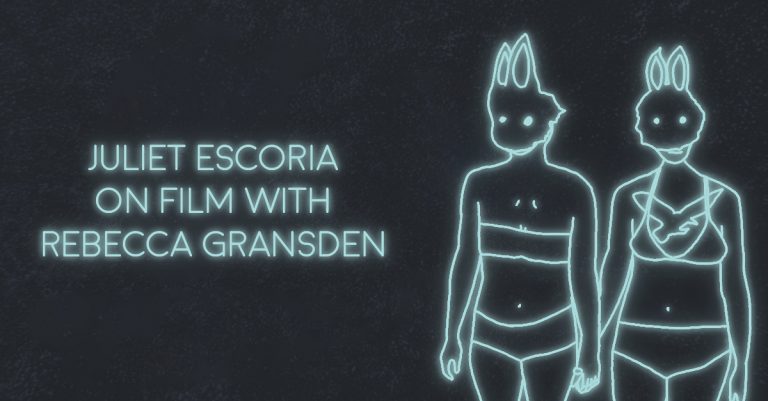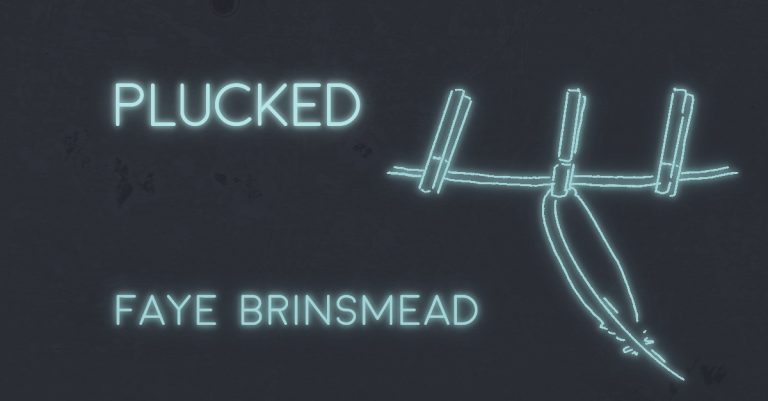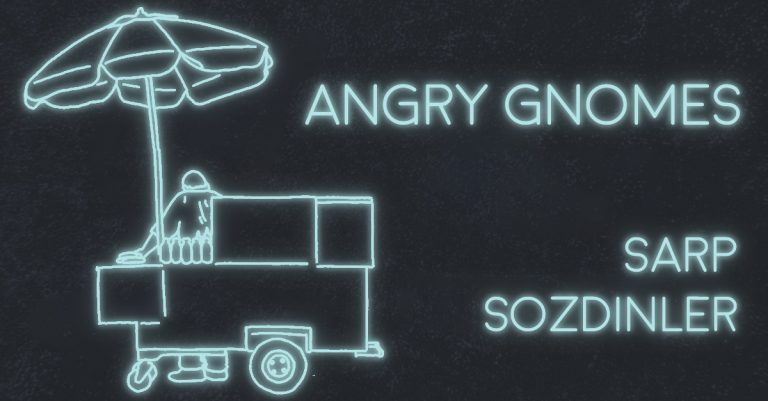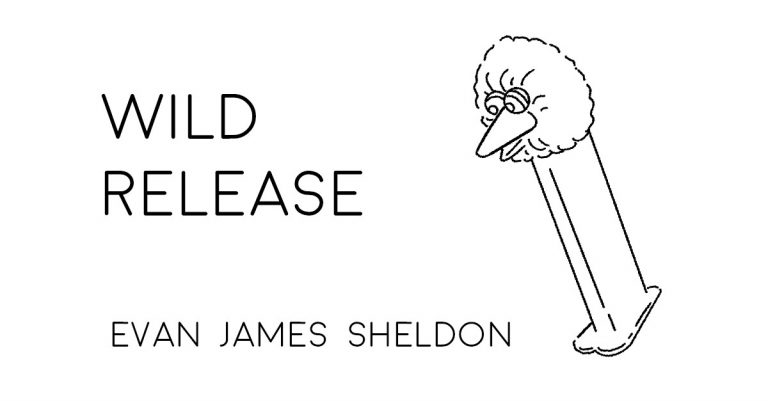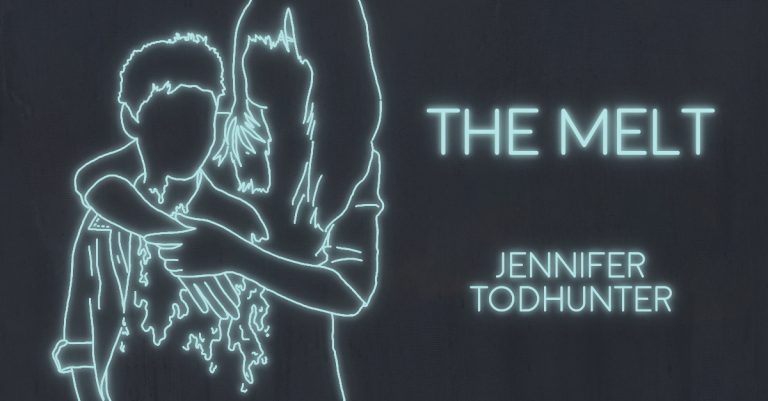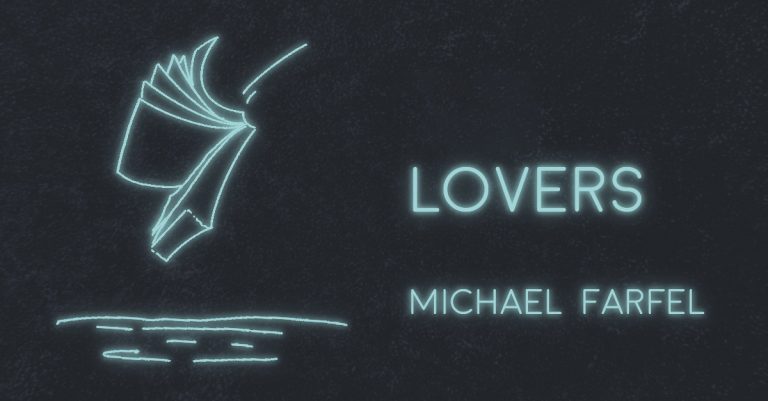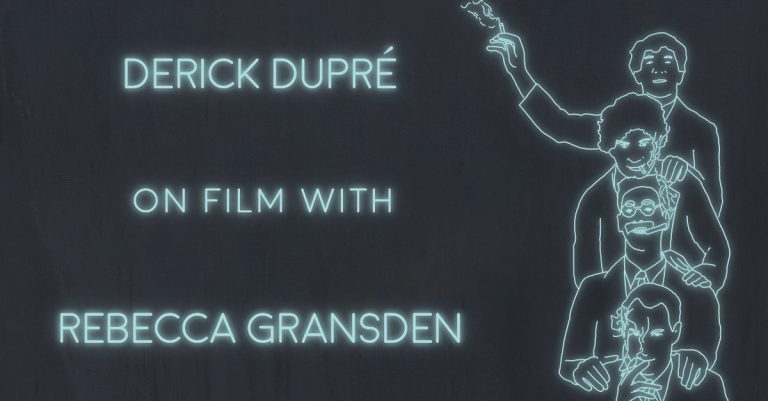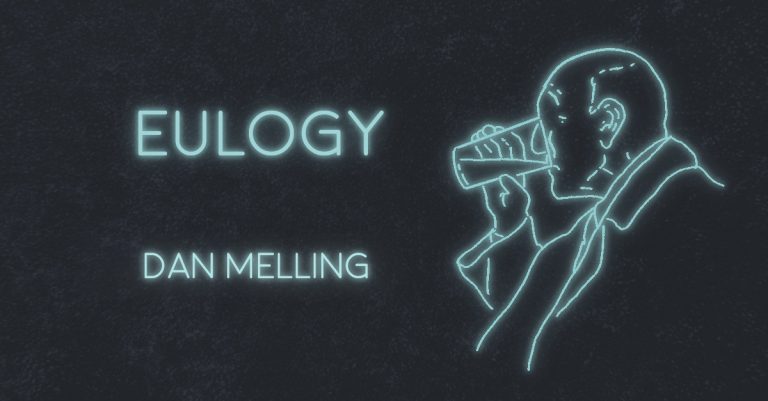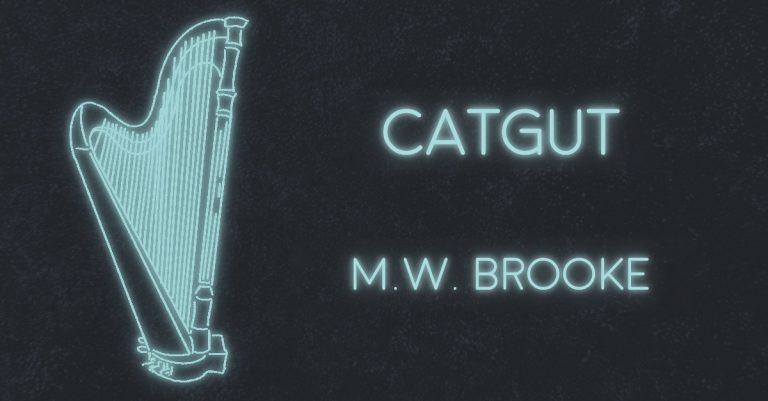
CATGUT by M.W. Brooke
Most days your mother languishes on your couch watching reruns of Law & Order. Doctors can’t explain what’s wrong with her brain. You drive her to appointment after appointment between harp lessons—a merry-go-round of CAT scans, MRIs, acupuncture, marijuana, experimental doses of ketamine, prescriptions for epileptics. Nothing calms the tension behind her eye sockets, like a harp string constricting under the chill of night. During rehearsals in third grade, your fourth octave C string snapped from the tuning pin and whipped across your eye. The harp yowled in your arms, a feral cat too close to human hands. Harp strings

